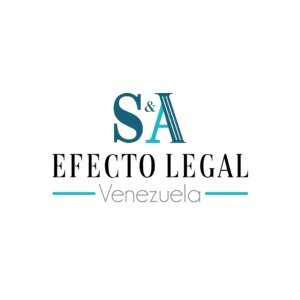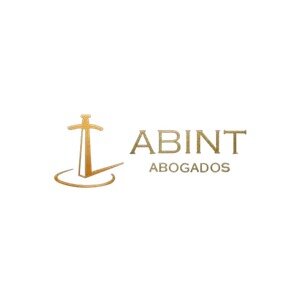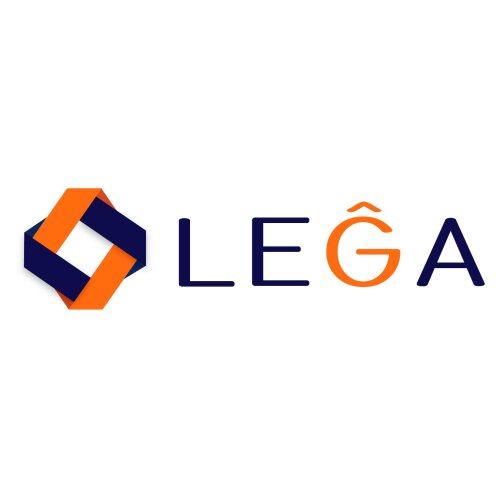Best Business Lawyers in Venezuela
Share your needs with us, get contacted by law firms.
Free. Takes 2 min.
Or refine your search by selecting a city:
List of the best lawyers in Venezuela
About Business Law in Venezuela
Business law in Venezuela encompasses the rules, regulations, and legal practices that govern the conduct of businesses and commercial transactions within the country. The legal landscape is influenced by a combination of national regulations and international agreements. Companies operating in Venezuela must navigate a complex system of regulations that touch on various aspects of business operations, including corporate governance, taxation, labor, and contracts. The business environment is challenging due to factors such as economic volatility, regulatory changes, and political instability. However, opportunities exist in sectors like oil and gas, agriculture, and manufacturing, which often attract local and foreign investors.
Why You May Need a Lawyer
Engaging a lawyer is advisable in a number of business situations in Venezuela. Common scenarios include forming or dissolving a business entity, navigating governmental regulations, drafting and reviewing contracts, resolving labor disputes, and handling mergers and acquisitions. Additionally, companies usually require legal guidance to meet compliance obligations, protect intellectual property, and manage tax issues. Legal assistance can also be crucial when disputing claims or litigating matters in court. Given the intricate legal framework and potential penalties for non-compliance, having a knowledgeable attorney is critical for safeguarding interests and minimizing risks.
Local Laws Overview
The legal environment for business in Venezuela is broadly governed by several key legislative instruments. The Commercial Code of Venezuela outlines essential procedures for business formation and corporate conduct. Labor laws are particularly stringent, requiring firms to comply with employment statutes that favor employee rights. The Tax Code dictates the fiscal responsibilities of businesses, including corporate taxes and VAT. Additionally, the Foreign Investment Law regulates foreign investor activities and requires special registration. The Intellectual Property Law protects trademarks, patents, and copyrights crucial for sustaining competitive advantage.
Frequently Asked Questions
1. What are the steps to legally start a business in Venezuela?
To start a business in Venezuela, you must select an appropriate business structure, register the company with the Commercial Registry, obtain necessary permits and licenses, and fulfill tax obligations with the National Integrated Service for the Administration of Customs Duties and Taxes (SENIAT).
2. How does foreign ownership work in businesses?
Foreign ownership is allowed, but it is subject to special regulations under the Foreign Investment Law, which may require adhering to specific licensing and partnership agreements.
3. What are the tax obligations for businesses?
Businesses must register with SENIAT to pay corporate taxes, VAT, and any regional taxes applicable to their operations. Timely and accurate tax filing is crucial to avoid penalties.
4. How are labor disputes handled?
Labor disputes in Venezuela are typically resolved through negotiation, mediation, or arbitration as outlined by the Organic Labor Law, with legal recourse available through the labor courts if needed.
5. What should one consider regarding intellectual property?
Businesses should register their trademarks, patents, and copyrights with the relevant authorities to ensure their intellectual property is protected from infringement.
6. How does the legal framework affect mergers and acquisitions?
Mergers and acquisitions require compliance with corporate law provisions, including shareholder approvals, due diligence, and sometimes antitrust reviews.
7. What are the consequences of non-compliance?
Non-compliance can result in penalties, fines, revocation of business licenses, or other legal actions that could jeopardize business operations.
8. How can one protect their business against financial instability?
Strategies include diversifying assets, securing foreign currency holdings, and maintaining robust legal compliance to navigate the volatile economic environment.
9. Are there sectors with special regulations?
The oil and gas industry, telecommunications, and banking sectors have additional regulations and require adherence to sector-specific laws and standards.
10. Can businesses engage in foreign trade?
Yes, businesses can engage in foreign trade, but they must comply with import/export regulations and tariffs set by the national government.
Additional Resources
There are several resources available for those seeking legal advice related to business in Venezuela. Key organizations include:
- The Ministry of Economy and Finance, which provides updates on fiscal policies and economic plans.
- The National Integrated Service for the Administration of Customs Duties and Taxes (SENIAT) for tax-related inquiries.
- The Venezuelan Chamber of Commerce for networking and business advice.
- Local bar associations for finding reputable lawyers who specialize in business law.
Next Steps
If you require legal assistance in setting up or managing a business in Venezuela, it is recommended to start by consulting with a qualified business lawyer who can provide tailored advice based on your specific needs. Ensure that the attorney is experienced in Venezuelan business law and understands the intricacies of the local market. Schedule consultations to discuss your objectives and gather a list of potential legal strategies to mitigate risks and optimize your business operations.
Lawzana helps you find the best lawyers and law firms in Venezuela through a curated and pre-screened list of qualified legal professionals. Our platform offers rankings and detailed profiles of attorneys and law firms, allowing you to compare based on practice areas, including Business, experience, and client feedback.
Each profile includes a description of the firm's areas of practice, client reviews, team members and partners, year of establishment, spoken languages, office locations, contact information, social media presence, and any published articles or resources. Most firms on our platform speak English and are experienced in both local and international legal matters.
Get a quote from top-rated law firms in Venezuela — quickly, securely, and without unnecessary hassle.
Disclaimer:
The information provided on this page is for general informational purposes only and does not constitute legal advice. While we strive to ensure the accuracy and relevance of the content, legal information may change over time, and interpretations of the law can vary. You should always consult with a qualified legal professional for advice specific to your situation.
We disclaim all liability for actions taken or not taken based on the content of this page. If you believe any information is incorrect or outdated, please contact us, and we will review and update it where appropriate.
Browse business law firms by service in Venezuela
Venezuela Attorneys in related practice areas.
Browse business law firms by city in Venezuela
Refine your search by selecting a city.















